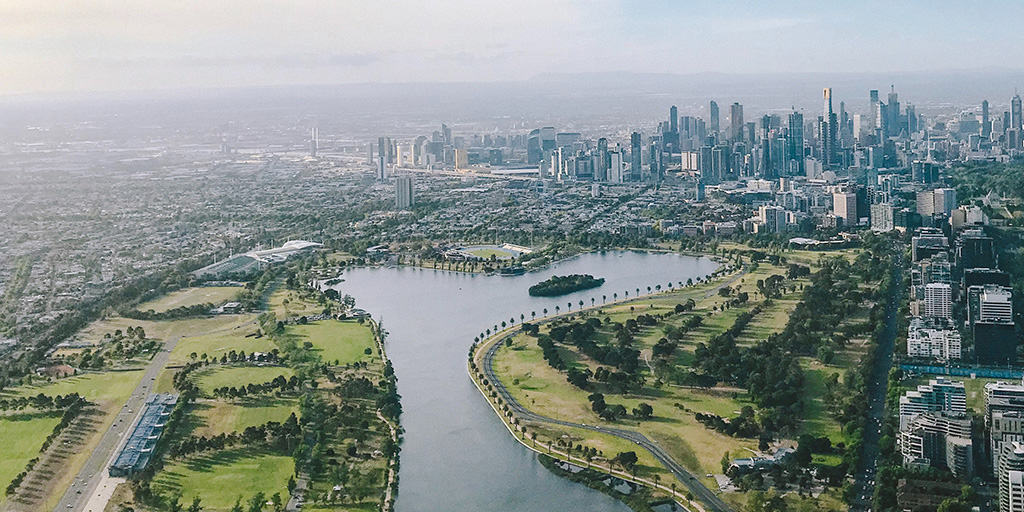As Australia’s Migration Program remains a focal point, modifications are being made to immigration regulations to achieve ambitious immigration targets, address skills shortages, and stimulate economic prosperity. Staying updated on the evolving regulatory environment concerning the employment of overseas workers is crucial.
Here is a summary of recent and upcoming changes related to skilled migration:
Fast-tracking of Australia-UK Free Trade Agreement
The long-awaited Australia-UK Fair Trade Agreement (UKFTA) took effect on May 31, 2023. This agreement opens opportunities for trade, investment, and movement of capital and people between Australia and the UK.
Key changes include:
- Establishment of a framework for professional bodies to streamline licensing processes, facilitating the movement of qualified professionals between Australia and the UK.
- Starting from July 1, 2023, UK passport holders aged 18 to 35 can apply for a Working Holiday visa.
- From July 1, 2024, UK passport holders can obtain up to three separate Working Holiday visas without meeting specific work requirements.
Labour Market Testing (LMT) provisions for UK passport holders will be removed.
Increase in visa application charges
Starting from July 1, 2023, visa application charges will rise by varying percentages.
The increases are as follows:
- Visitor, working holiday, work and holiday, training, temporary activity, and temporary work (short stay specialist) visas: 15%.
- Business innovation and investment visas: 40%.
- Other visas: 6%.
- Pacific Engagement Visa and Pacific Australia Labour Mobility visas are exempt from the increase.
- The Passenger Movement Charge paid by carriers will increase from $60 to $70.
Changes to Australian citizenship eligibility for New Zealand citizens
Starting from July 1, 2023, New Zealand citizens living in Australia for more than four years (arriving after February 26, 2011) can directly apply for Australian citizenship without a permanent visa.
These changes apply to New Zealand citizens holding a Special Category (subclass 444) visa (SCV).
SCV holders will be considered permanent residents for citizenship purposes, with backdating to July 1, 2022, for those granted an SCV before July 1, 2022.
Beware of visa implications for SCV holders
If SCV holders have family members with a subclass 461 New Zealand citizen family relationship visa, they will no longer be eligible to renew their visa once citizenship is granted.
Alternative visa pathways, such as a partner visa or child visa, will be required, with associated fees.
Temporary Skilled Migration Income Threshold (TSMIT) increase:
TSMIT will rise to $70,000 from July 1, 2023.
Nominations can still be lodged at the current TSMIT minimum of $53,900 until June 30, 2023, without requiring an increased salary for visa grants.
Expanded pathways to permanent residence
Subclass 482 Temporary Skill Shortage Visa (TSS) holders with occupations on the Medium and Long-term Strategic Skills List (MLTSSL) will no longer be the only ones eligible for permanent residency.
The restriction will be removed, and Temporary Residence Transition (TRT) stream applicants will be eligible after two years of sponsorship on a TSS Visa.
Work limitations for student visas:
Effective from July 1, 2023, most Student Visa holders will be limited to working 48 hours per fortnight.
The temporary relaxation of work limitations will remain until June 30, 2023.




